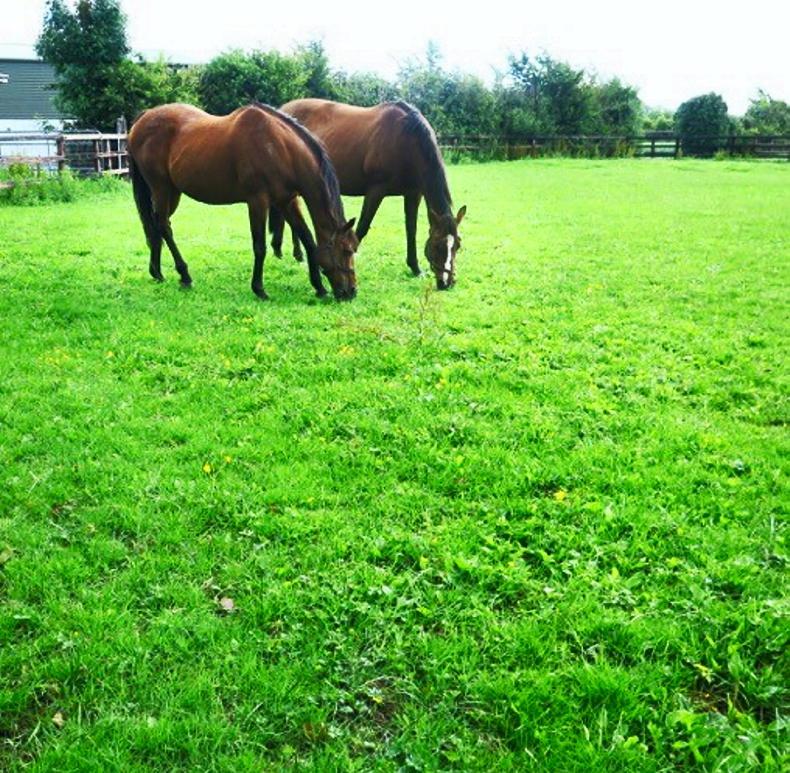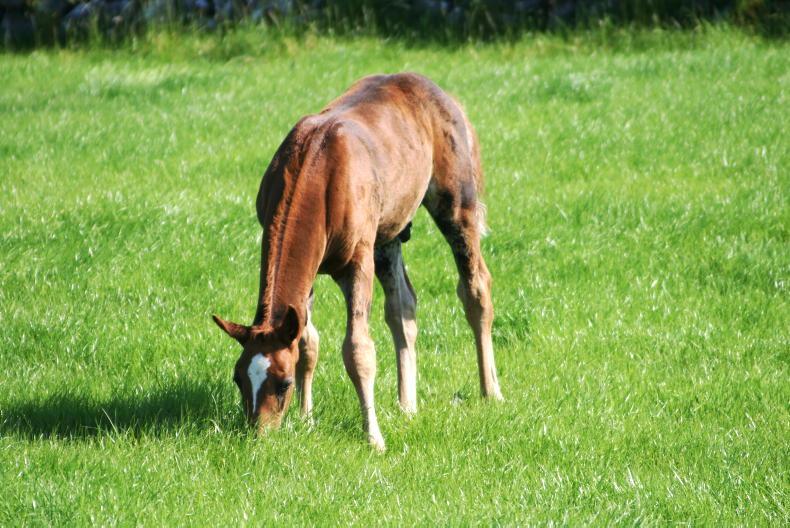THIS week more than any other can be tough. The excitement of the build up to the festive season often gets us equestrians through December but the groggy heads and overindulged bodies can make heading out into the wet and cold even more challenging in January. We all know fleece-lined coats for us and solariums and rugs for our horses can help in winter, but there are a few extra things you may not have thought of to make life a little easier.
Looking after yourself
Eat a decent breakfast. Getting a warm drink and something to eat is going to make the world of difference to those early mornings on the yard when the cold is round your ears. Don’t underestimate the power of some slow release energy from a bowl of porridge to help you through a winter’s morning with the horses.Thermal liners in your boots and fingerless gloves can help with those fiddly jobs around the yard. Always wear a hat — you lose most of your body heat through your head.There are some brilliant thermal jodphurs out there now and worn under a pair of over trousers they can be the perfect combination for hacking out in.Don’t be lonely. Even if you can’t go for long evening hacks like you did in summer, plan a schooling session, jumping day, or just a time to meet at the yard and ride with a friend. This will help keep you motivated and will be fun for your horse too.Having lessons in your diary can help your winter mojo too, get them booked now and have them to look forward to and to keep you on track for your 2024 riding goals. Don’t forget to have a rest and take a break, your horse won’t mind! The cold months can be a good time to let go of some of the stress accumulated over competition season, give yourself and your four-legged friend a lie-in here and there.It’s easy to become dehydrated in the winter because we often don’t feel as thirsty when it’s cold outside. Even mild dehydration can affect your concentration and memory. Drink water throughout the day and pay attention to signs of dehydration: dry mouth, fatigue and headache.Around the yard
Frozen conditions can be treacherous for riding in and icy concrete can be hairy too. A well-swept yard in freezing conditions can be an ice rink. If the weather forecast says frost, it can be a good idea to leave some shavings and sweepings for grip, as well as have salt or grit handy and ready for use in winter. Ash from the fire mixed with grit and sand is a good old-fashioned barrier to stop ice on concrete too.A sacrificial paddock is a godsend in winter and though you lose it for the early summer months, if it’s cared for by harrowing, reseeding and rolling in early spring, your horses get a good stretch of the legs in winter and some late summer grass from it to boot.The dreaded frozen water pipes can be a real menace for equestrians – get into the habit of filling a couple of large water containers in the evening, even black bins work well, and keep them indoors ready for the morning.A heater for the tackroom may cost you a few euro but it can help prevent mould and damp in the winter months.The winter goal should always be to get your horse to drink as much water as possible to help prevent dehydration and colic. Most 500kg adult horses need at least 30-50 litres of water daily. If your horse doesn’t drink enough water during cold weather, they may eat less and be more prone to impaction colic.Make sure your horse has access to a shelter – either natural or man-made – and remember donkeys need a fully waterproof shelterDon’t rug horses based on how cold you are, but whether they actually need to be rugged – be careful not to over-rug your horse as it could lead to discomfort, weight gain or development of skin conditions.Supporting your horse
Spend longer warming-up and cooling down your horse. Use an exercise blanket to keep your horse warm and avoid unnecessary injuries caused by tight, cold muscles.Cooler rugs are great, and there are some really high-tech ones out there, but thatching is still a good way to dry off sweaty horses in the cold — use dry straw under a stable rug.Offer lukewarm, not ice-cold water to your horse after exercise where possible.After working, wash your horse down with warm water and cider vinegar if they’re sweaty — it’s good for coat and skin health in winter.Feed good-quality oil to your horses through the winter months, it’s brilliant for keeping condition on and for the coat.Your horse will feel his best when he’s dry, so take rain and sleet into consideration. Once the natural insulation of his hair gets wet, he’ll have a harder time staying warm. Movement generates warmth. Exercise and regular turnout for your horse produces heat from energy burned by your horse’s muscles to ensure he stays toasty. So maintain a regular exercise programme. A healthy horse will have a much better chance of staying comfortable in winter.Provide ad-lib forage. Horses really shouldn’t go for more than two hours without snacking on forage at any time of year. Grass is dormant over the winter, so offering never-ending hay or haylage is a great way to keep everything moving internally.Make an effort to keep your horse’s hooves dry, excess moisture can impact their structural integrity and lead to bacterial infections.


 This is a subscriber-only article
This is a subscriber-only article
 It looks like you're browsing in private mode
It looks like you're browsing in private mode














SHARING OPTIONS: